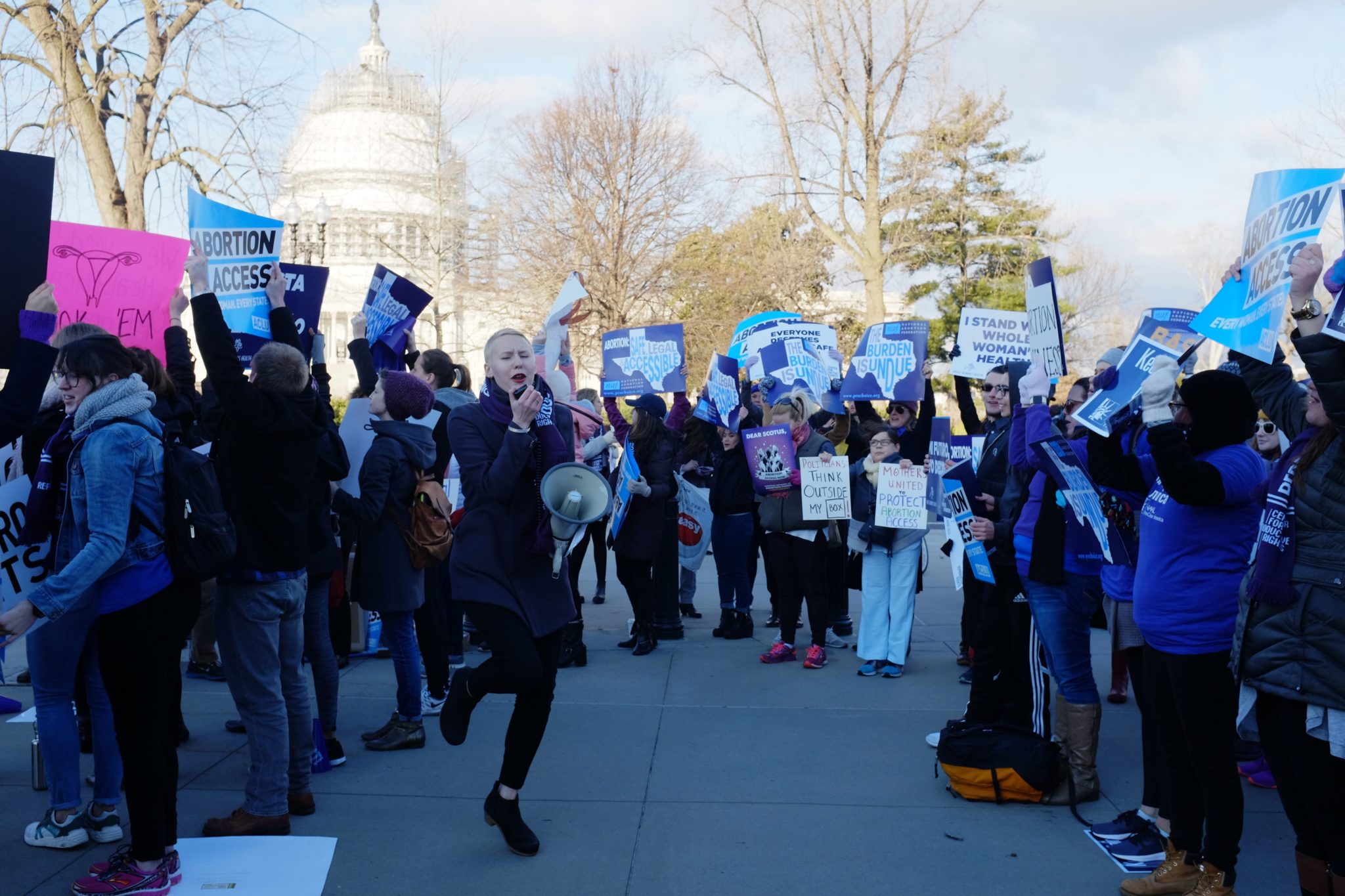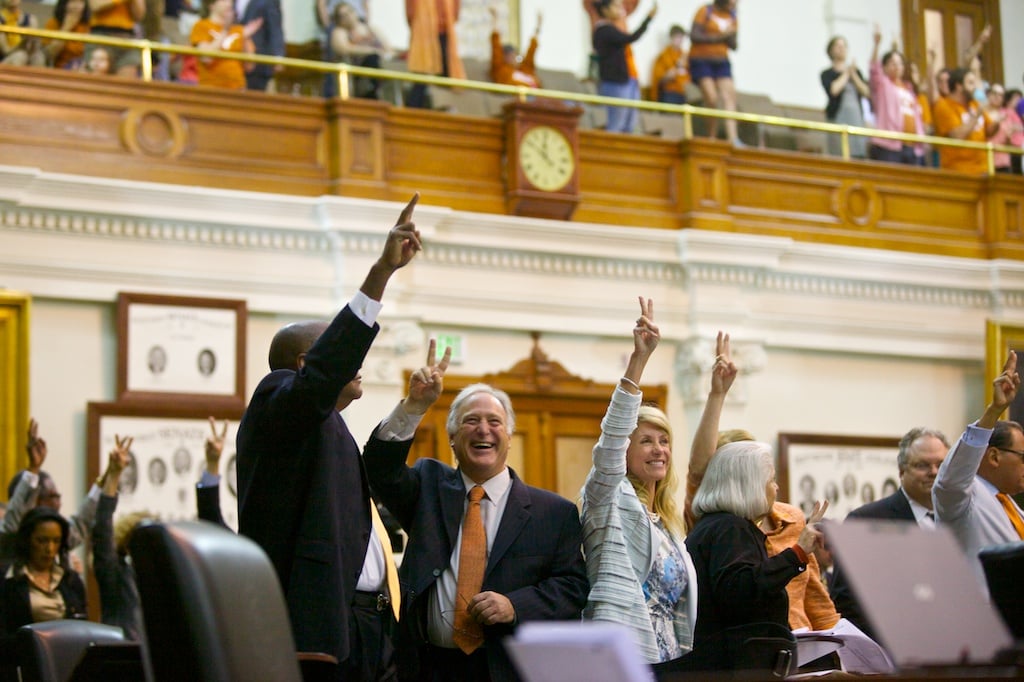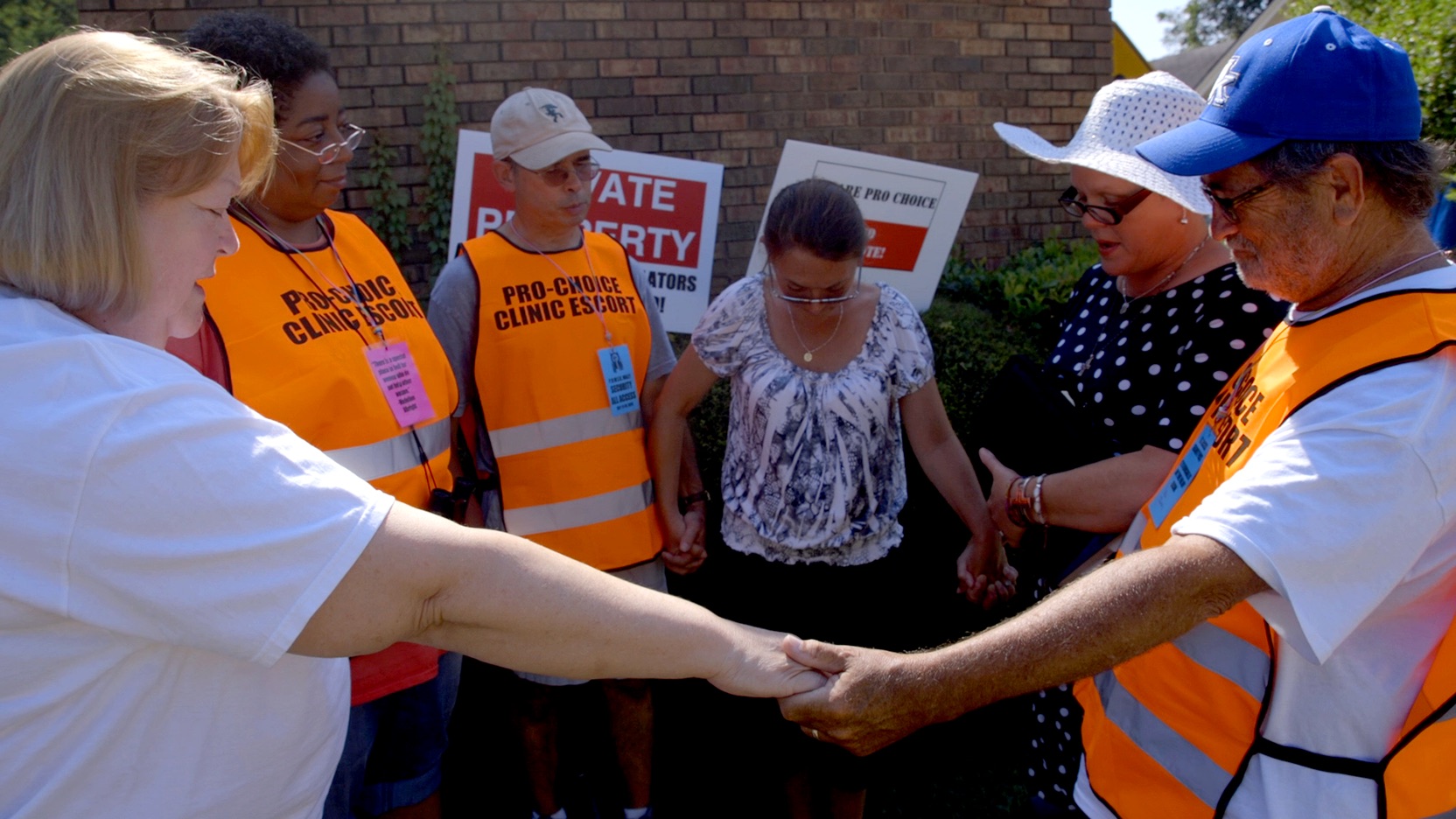
‘Trapped’ an Emotional Look at Abortion Providers, Patients
Anyone paying attention to the politics of abortion in the United States during the past few years has probably picked up on a theme: the procedure is becoming harder to get, especially for people who are poor or who live in the South. The success of abortion opponents in restricting access is largely thanks to what are known as targeted regulation of abortion provider (TRAP) laws. Since 2010, there have been hundreds of these laws passed all across the nation, including Texas’ House Bill 2.
Dawn Porter (Gideon’s Army, Spies of Mississippi) uses this diminishing abortion access landscape as the backdrop for her new documentary, Trapped, which follows abortion clinic owners, medical providers and clinic staff across Texas, Alabama and Mississippi as they struggle to comply with TRAP laws and keep their doors open.
Trapped, which premiered Sunday at the Sundance Film Festival, shows viewers the absurdity of poorly conceived regulations that, variously: require adherence to incomplete or even non-existent sections of statute, force providers to keep on hand medically unnecessary equipment that often goes unused, and mandates wastefulness — in one Texas clinic, the cost of replacing certain unused medicines, required by law, runs $1,100 per month.
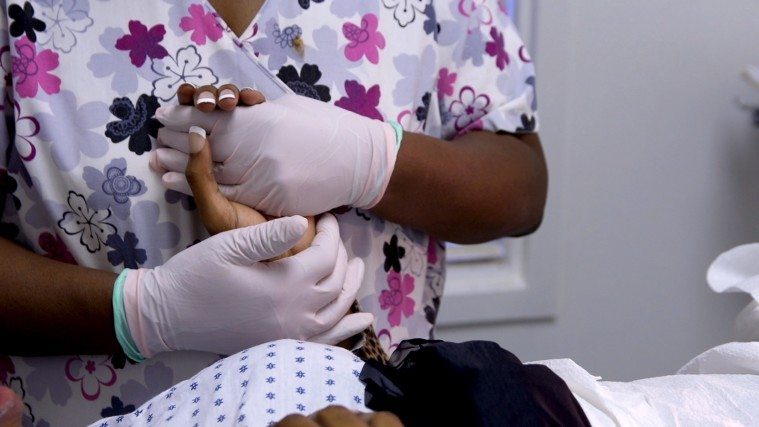
But while the film does dive into the legal and regulatory weeds, at its core it is a profound look into the emotional lives of abortion practitioners, patients and those leading the legal pushback against trumped-up regulations that put pregnant people in danger.
For the all the stigma surrounding abortion, Trapped presents a stunning level of access, borne out what must be Porter’s subjects’ tremendous trust in the filmmaker. We glimpse the personal lives of practitioners, see consultations with patients and witness intensely raw interviews.
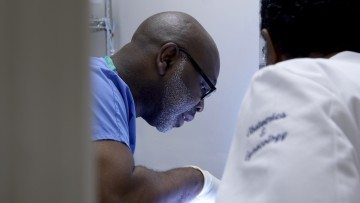
Porter follows Dr. Willie Parker as he decides to move back to his home state of Alabama after years of commuting from Chicago to provide reproductive health services in the South. Porter said after the premiere that it was because of Parker that she ended up focusing on three Alabama clinics where he provides care — the last independent clinics in the state — and their owners.
One of Trapped‘s most notable achievements is how personal stories overlap to lay bare the false, but politically popular, narrative of a bright dividing line between people who are religious and people who get or provide abortions. Porter’s subjects are largely people of faith who draw on their religious beliefs for strength to continue their work or accept their decision.
This theme continued into the question and answer period after the screening. There, a number of the film’s central subjects, including clinic owners and providers, answered questions about how their work affected their relationships and lives. (Filmmakers had kept the subjects’ presence a secret until the Q&A session, for their safety, but the armed guards in the corners of the theater revealed that this wasn’t a normal screening.)
Amy Hagstrom Miller, CEO of Whole Woman’s Health and a lead plaintiff challenging the Texas abortion law, told the crowd that she came to abortion work through a moral framework rooted in faith. Huntsville, Alabama, clinic owner Dalton Johnson spoke about his church family’s support and how he sees himself as “divinely guided, Christ controlled.” Parker, the subject of a powerful 2014 Esquire profile about his abortion “ministry,” talked about reconciling his work with his religion and how coming out to his family about what he does has actually made them closer.
The day-to-day tracking of the increasing legal burdens for abortion providers can sometimes amount to a numbing accumulation of defeating news. The upside of Trapped, then, may be the film’s tremendous empathetic pull and emotional weight, which could pierce through the chatter at just the right time. That’s the filmmakers’ hope at least.
The U.S. Supreme Court is set to hear oral arguments in the HB 2 case in March and rule sometime in June, and the filmmakers hope to hold as many showings of Trapped as possible in the interim in hopes of swaying the discussion around TRAP laws. After all, as the Center for Reproductive Rights’ Nancy Northup said after the screening, “the [Supreme Court] does not operate in a vacuum.”
Trapped’s theatrical debut is set for March 4, and the documentary will show on PBS’ Independent Lens in June.

